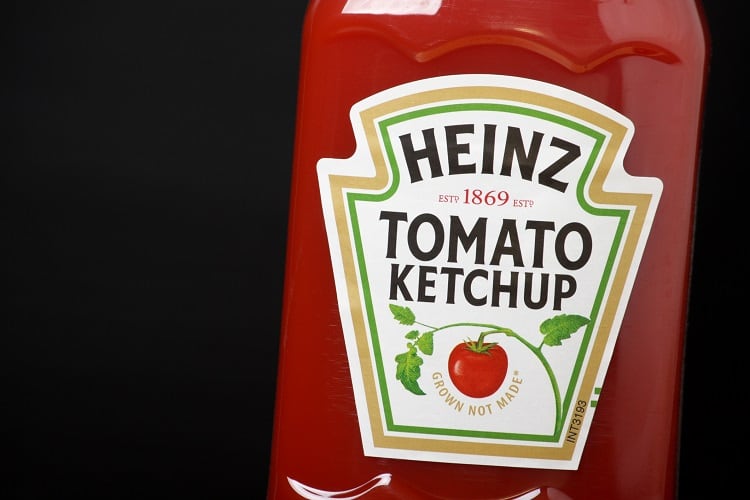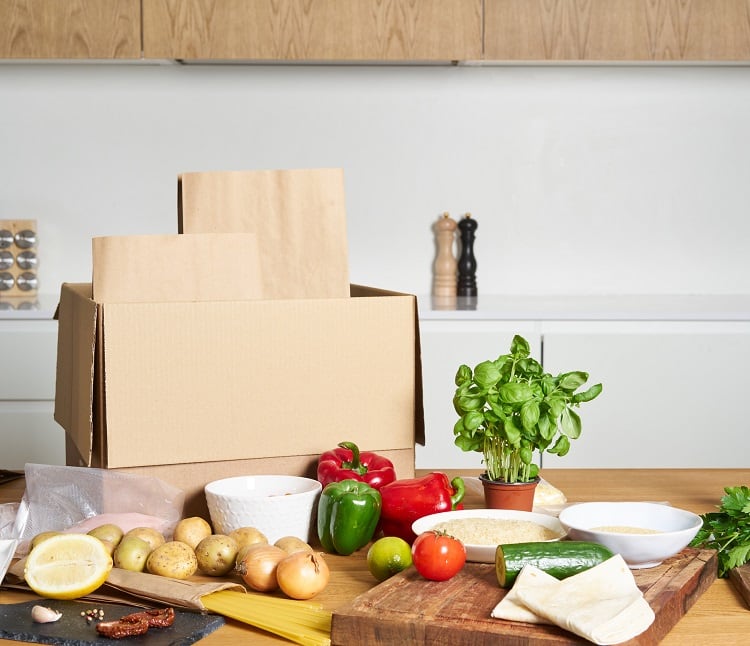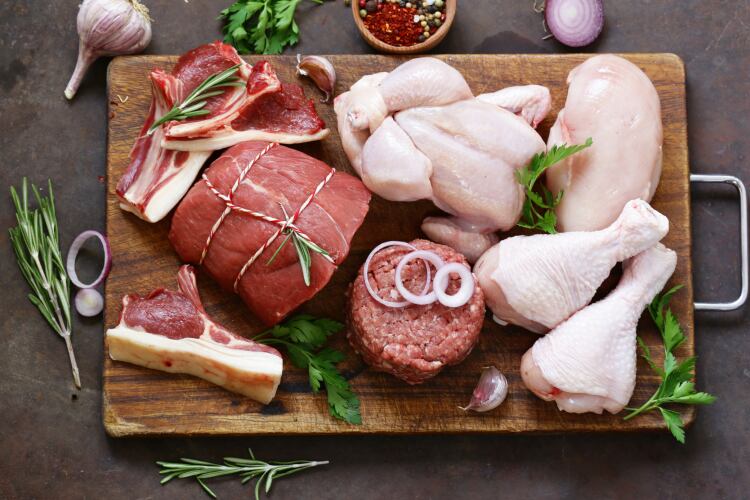The market uncertainty prevalent throughout the Brexit years – from the referendum in mid-2016 through to the UK’s official withdrawal from the European Union in early 2020 – is well and truly over.
During that three-and-a-half-year period, investors were hesitant to risk their money in Britain. “Definitely, people were saying to us that they weren’t going to invest in the UK, because there was too much uncertainty,” revealed Mark Lynch, partner at advisory group Oghma Partners.
But now that uncertainty has lifted, with the UK’s tech scene, boasting direct-to-consumer (D2C) expertise, contributing to an investment bounce back.
Food majors back UK business
“The UK is still an important area despite having left Europe,” the finance advisor told FoodNavigator.
This has been exemplified by at least two high-profile investments in recent months: Ferrero’s acquisition of the UK’s second-largest biscuit manufacturer Burton’s, and Kraft Heinz’s £140m investment in manufacturing capabilities in Wigan, UK.
Through Ferrero’s acquisition of the Jammie Dodgers and Wagon Wheels-maker, the company will take over six production facilities in the UK to enlarge its offer of products in the sweet biscuits market.
Kraft Heinz’ investment in its Wigan site will see production of its ketchup, mayo and salad cream be brought to the UK, “to meet the demand from a new generation of UK consumers”, the company noted.
In fact, the Brexit regulatory environment will have particularly benefited Kraft Heinz, suggested Lynch. Currently, it is fresh food companies and SMEs – rather than large ambient or frozen brands – struggling with new border restrictions.
“For small companies, the issue is partly one of expertise and partly one of scale. If you’re sending a part palette, then that’s quite costly. You’ve got to put it in a lorry, and have a certificate for every palette on the lorry. This makes for an investment in the EU, as businesses will be consolidating all exports to a central distribution hub in Europe, from where they’ll distribute to multiple customers. This action avoids part palette issues to customers on small orders,” he explained.
Kraft Heinz, on the other hand, will be exporting full pallets. “As long as they’ve got the scale for exporting, and it’s not fresh – it’s either ambient or frozen – then that makes life a lot easier,” we were told.
Also, Kraft Heinz’ existing stronghold in the UK will allow the business to ‘scale up even more’, noted the finance advisor: “The economics work quite well.” And labour costs are presumably lower in the UK than in, say, France or Germany, making it a “relatively low cost place to produce products”.

Other investments, notably in M&A, suggest UK market activity was ‘back with a vengeance' in the first four months of 2021, according to Oghma Partners. Deal volume (31 transactions) was at its highest level for a T1 period since 2017, when 36 transactions were completed.
Back in March of this year, for example, Novax AB, the investment company of Stockholm-based Alxel Johnson Group, announced the acquisition of UK ingredients player Ulrick & Short.
In the same month, Mondelēz International acquired a majority stake in protein snack bar producer Granade for a rumoured £200m, and Canadian meat processor Sofina Foods acquired pork and seafood firm Eight Fifty Group for £1.2bn.
‘Big tech scene’
Lynch suggested there are other contributing factors at play here, aside from post-Brexit certainty.
“If you look at the UK equity market as a proxy of value, then it is theoretically undervalued relatively,” he told this publication. “So [investors] see some value in the UK market.”
The other point is the undeniable market size of the UK. “We’ve got a 60-odd million population. It’s a big market. So when people naturally look to invest on an EMEA basis, they’ll look at the big markets first,” said Lynch. “That obviously means France, Germany, Spain, Italy…and the UK is going to be one of those markets.”

Technology, and the UK’s openness to innovation in the food sector, is also proving attractive for international investors.
“The UK has quite a big tech scene. It’s one of the biggest tech markets in Europe, and I think start-ups are a multiple of say Germany or France. This is reflected in the food sector as well. This is another factor that has brought activity in.”
The D2C advantage
Amongst the UK’s tech specialisations is a stronghold in D2C, exemplified by at least four M&A deals within the first four months of 2021.
Deals involving D2C businesses accounted for around 16% of total deal volume, according to Oghma Partners’ data.
In January of this year, for example, Italian pasta giant Barilla made its foray into fresh pasta with the acquisition of a majority stake in UK meal kit start-up Pasta Evangelists, who distribute pasta and sauces via their website, Ocado, and M&S. Barilla are estimated to have paid around £40m for the D2C start-up.
The following month, Nestlé made its second recipe box company acquisition within a matter of months, buying SimplyCook for an undisclosed sum. The food giant acquired meal kit player Mindful Chef at the end of 2020.
Also in February, the UK’s largest D2C online wine retailer, Virgin Wines, floated an IPO. Listed on the AIM, a sub-market of the London Stock Exchange (valuation of £110m), the offering was oversubscribed and attracted ‘strong interest’ from institutional investors, according to Oghma Partners.
And lastly, in March, another D2C IPO took place in Parsley Box – a provider of ambient ready meals targeting customers over 60 years. Parsely box was valued at £83.8m for the IPO on 31 March.
Such investments demonstrate that the UK has a ‘healthy food tech scene’ from a D2C angle, stressed Lynch. Ultimately, the UK has a ‘big tech scene in general’, and so ‘as long as you can suck in the expertise, the finance advisor says you can ‘apply it to the food sector’.
Future outlook
Concerning the M&A outlook for the rest of 2021, Lynch suggested the figures may not be as strong compared to the same figures last year.
“We saw a strong recovery in the first period of the year,” he told this publication. “I think the comparisons remain soft or easy in the second period up to the end of August, and then I think we’re going to have a more difficult comparison in the final period of the year.”
This time last year, Oghma Partners observed a push to do deals before a potential capital gains tax increase. This is not come to fruition.
Now, it is rumoured the increase will be instated in October. Failing that, it could be augmented in March next year. In any case, the increase ‘seems to be coming down the block’.




